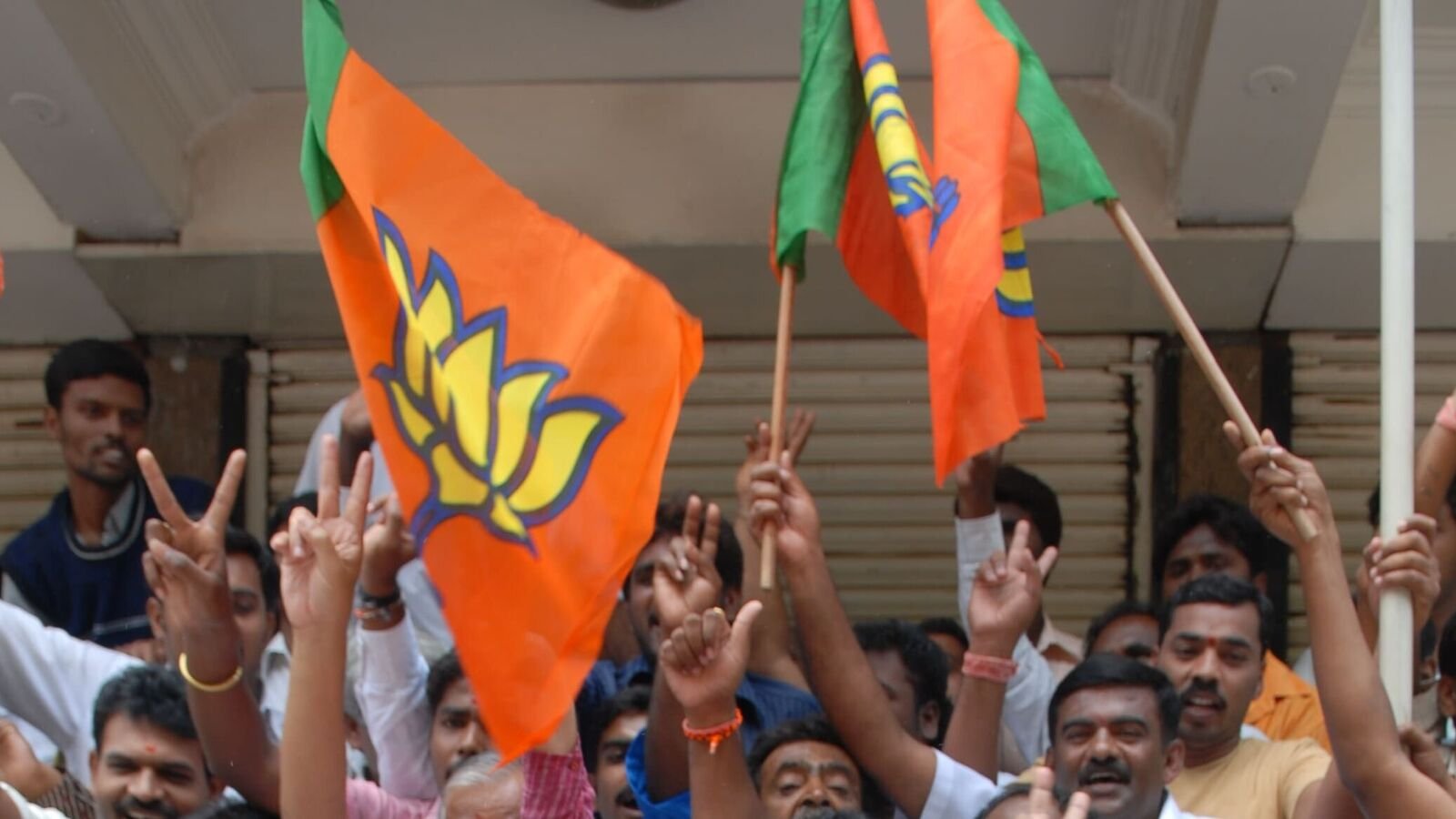In recent years, India has witnessed political turbulence in several states, with Maharashtra being at the forefront of this upheaval. The ruling Bharatiya Janata Party (BJP) has adopted a military-style command to secure power at all levels after the 2024 Lok Sabha polls. The party has resorted to charging the opposition and anything that comes its way as corruption, thereby characterising the national scene. These actions have raised concerns about the survival of Indian democracy. India takes pride in being a constitutional democracy.
However, the foundations of this democracy have been steadily eroding due to the tightening regulations on autonomous institutions and the government’s plans to make laws compatible with the idea of a majoritarian Hindu nation. This shift towards a majoritarian and authoritarian regime has resulted in a lack of permissible liberal order and democratic exercise. The state of Manipur serves as a classic example of the indifference displayed by those in positions of power, including the highest levels of government. Ethnic conflicts in Manipur have claimed numerous lives, yet the Prime Minister and the ruling party have shown minimal interest in addressing the issue. This situation demanded the Prime Minister’s initiative to hold consultations on a broader scale, potentially involving all parties, to preserve the cultural integrity and harmonious future of the region. However, this would have required the Prime Minister to concede some ground to the Congress and other opposition parties.
The Prime Minister’s tenure has witnessed achievements in sectors such as infrastructure, exemplified by the introduction of high-speed Vande Bharat rails. However, the Government’s Minister of Railways has faced criticism for the Balasore triple train disaster in Orissa, resulting in significant loss of life. While the Prime Minister has successfully chaired the G-20 summit, his handling of the Ukraine war, initiated by India’s close ally Vladimir Putin, has drawn criticism. The global economic impact of the conflict, leading to recession and monetary regulations to control inflation, is expected to take several years to overcome. Returning to the national scene, the Modi Government is greatly encouraged by the rifts within parties like Shiv Sena and the Nationalist Congress Party (NCP). A faction led by Ajit Pawar from the NCP has aligned with both the divided Shiv Sena and the BJP, forming the Maharashtra Government. However, the Assembly Speaker has yet to ascertain the ruling dispensation’s strength in line with the Apex Court judgment on the Maharashtra matter.
The upcoming assembly elections in Chhattisgarh, Madhya Pradesh, and Rajasthan hold great significance for the BJP. These elections will determine the party’s influence and may substantially impact the 2024 Lok Sabha elections. The Congress, as a national party, faces challenges in its quest for power due to its relative weaknesses across different regions. To regain its political standing, the Congress must adopt an accommodative stance towards regional parties. The political turbulence in Maharashtra, coupled with the ruling BJP’s military-style command to retain power, poses challenges to Indian democracy. The erosion of constitutional principles, indifference towards pressing issues, and the BJP’s efforts to label all opposition as corrupt undermine the democratic fabric of the nation. As the nation heads towards the 2024 Lok Sabha polls, political parties must address these concerns and work towards upholding the values of democracy and the well-being of the Indian people.







